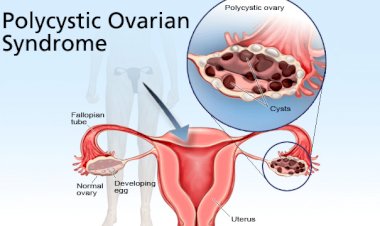Water Fasting – Is It Beneficial or Risky?
Water fasting means consuming nothing but water for a set amount of time. Learn about its Benefits, Dangers, and Protocols.

Though there are numerous techniques for food-restricted fasting, one of the most popular ones is water fasting. This is a diet form that restricts any form of dietary intake that isn’t water or water-based. This form of diet is usually controversial and not recommended by doctors due to the imbalance it can create in your body. If you are planning to partake in a water fasting treatment plan you must first ensure you get some blood tests done to check where you are in terms of your health. Then it is important that you consult a certified nutritionist and a medical professional.
Why Do People Try Water Fasting?
People believe that water fasting effects are immensely beneficial. Here are some reasons that people try water fasting.
- It helps with rapid weight loss.
- It helps improve kidney functionality.
- It improves liver health.
- It hydrates your body.
- It cleanses your body of unhealthy toxins.
Benefits of Water Fasting
Water fasting is thought to have some major health benefits if done correctly and under the supervision of doctors.
1. Weight Loss
Water fasting is considered a great way to lose weight if it’s done correctly. You can observe this fast one day every 7 days. Never try losing more than 1.1 kg per week as that can cause major immune system issues.
2. Detox
A day-long water cleanse is known to help detoxify your liver, kidney, and bladder. Doing this is risky though, and must be done under medical supervision.
3. Eases the Stomach
Water fast is known to help hydrate your body when you have food poisoning or any food-related or gut-related issues. It is essential that you add effervescent supplements and iron supplements in the water for this to be beneficial.
4. Can Help Lower Blood Pressure
Studies have shown that medically supervised water fasts that are done in a safe environment can be extremely beneficial for people with borderline or high blood pressure. This is still risky in other ways though and must be approached with care.
5. Improves Insulin Sensitivity
Water fasting can also help balance sugar levels. It can also help with insulin production. During water fast, your body’s metabolism becomes quicker. Insulin is essential as it stores minerals. This step also helps your body maintain leptin levels. Leptin helps your body feel full.
Are There Any Risks Associated with Water Fasting?
Like with any mineral restrictive or nutrient restrictive diet, water fasting can have risks, and if done incorrectly, these risks could be major. Here are a few examples:
- It could lead to major vitamin deficiencies.
- The lack of any other nutrients can cause mineral deficiencies.
- The lack of complex carbs could lead to an unhealthy loss of weight and a drastically weaker immune system.
- The lack of healthy fats could lead to a ketogenic breakdown of fats that can be harmful to your body.
- With no prebiotics coming from natural foods and no probiotics, your gut could become imbalanced.
- The lack of sufficient nutrition can lead to dizzy spells.
- The lack of protein could cause muscle and limb pain.

 Sangeeta Jain
Sangeeta Jain 


































Comments (0)